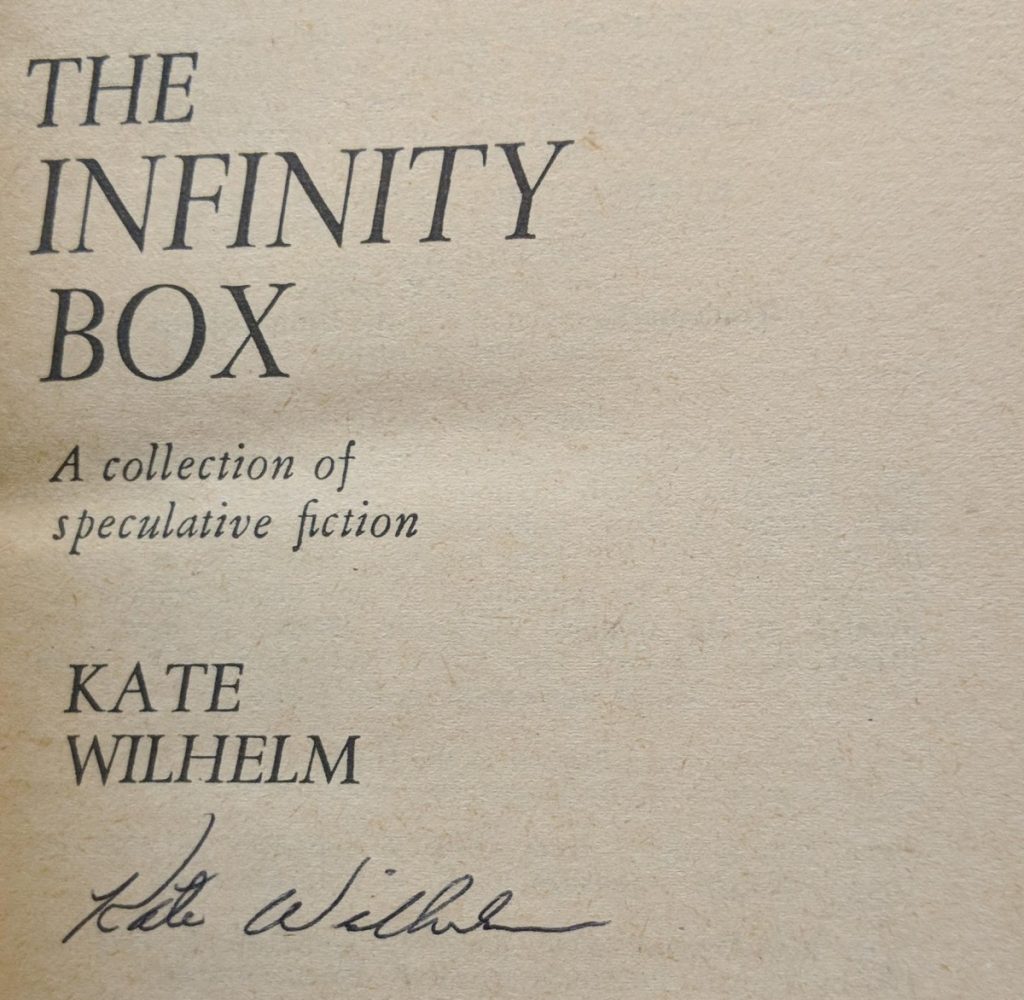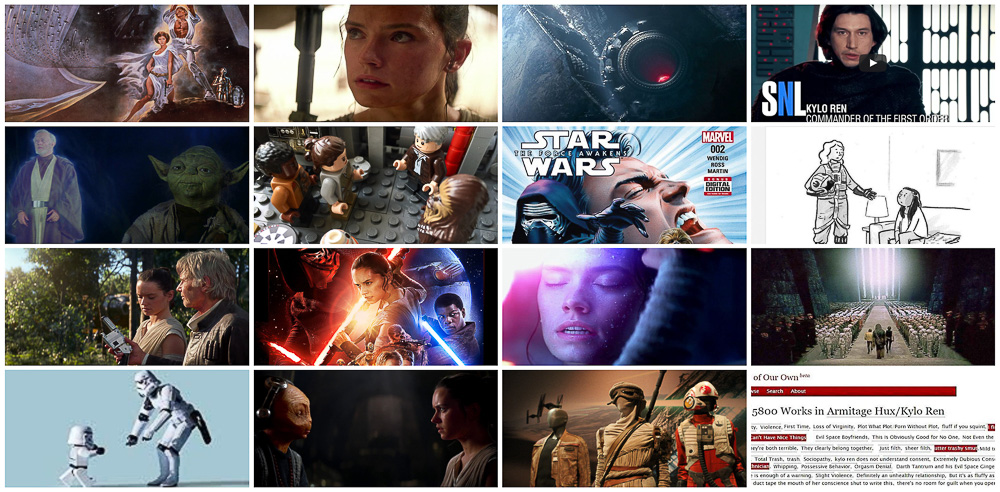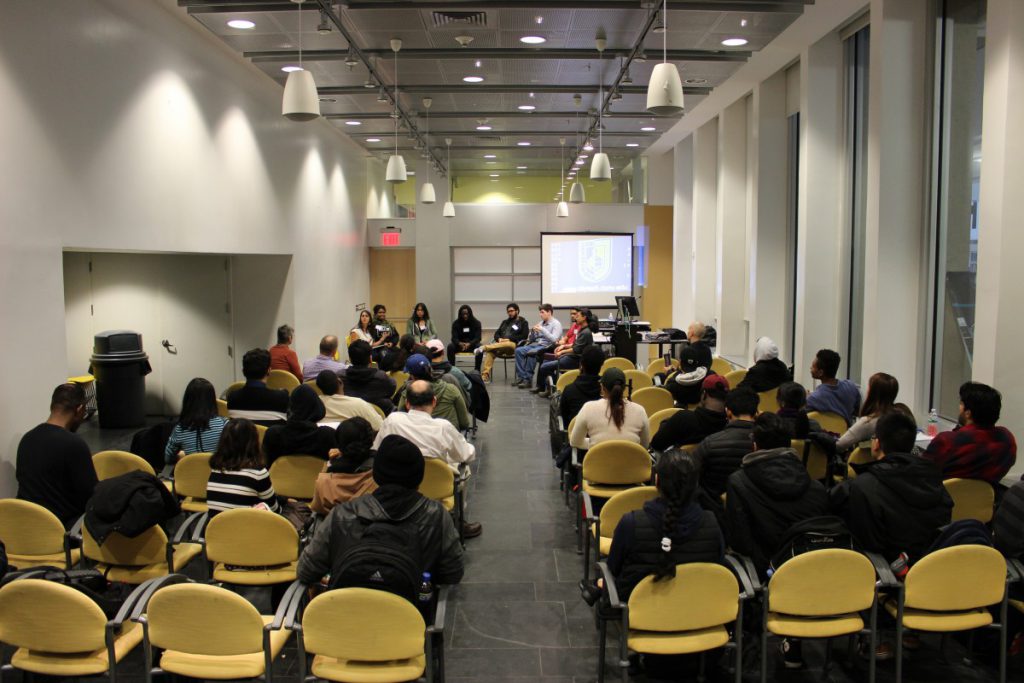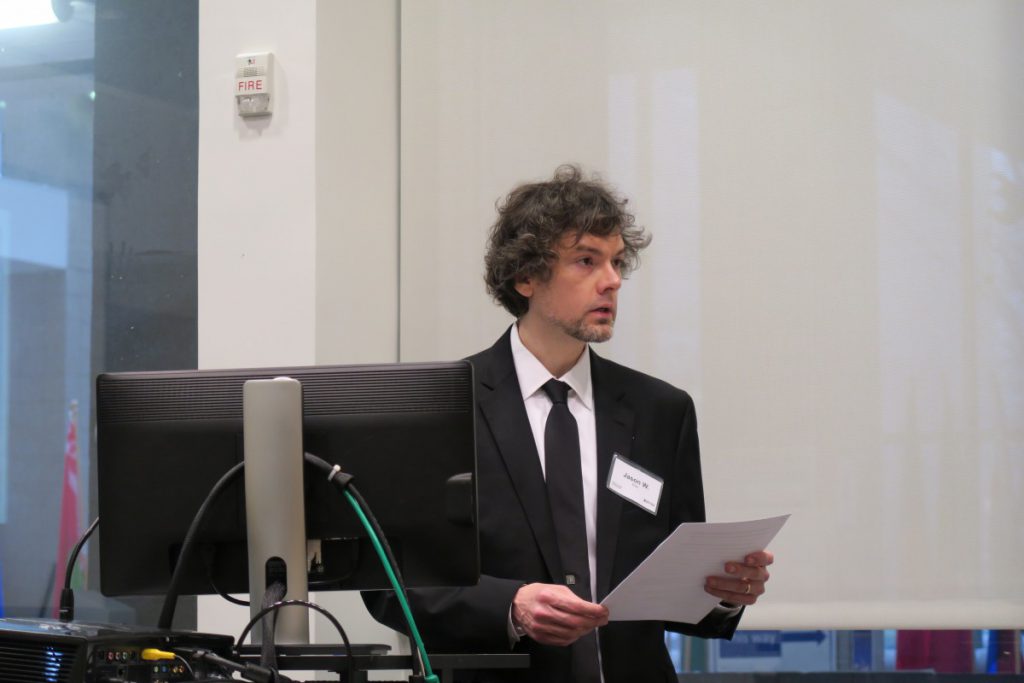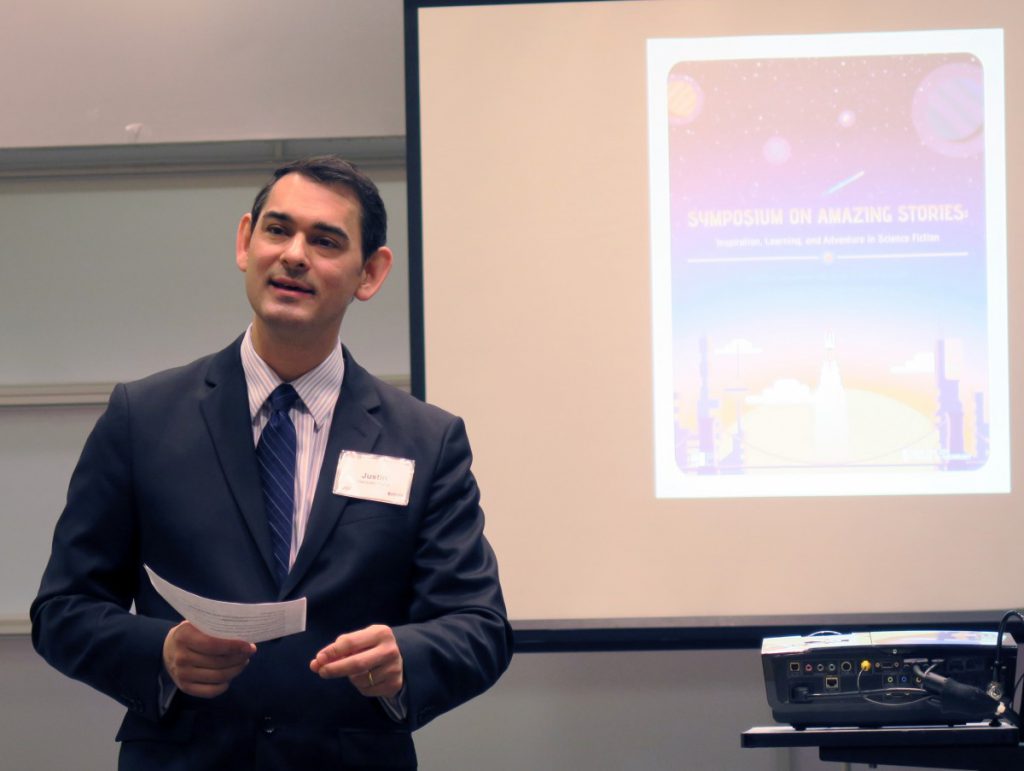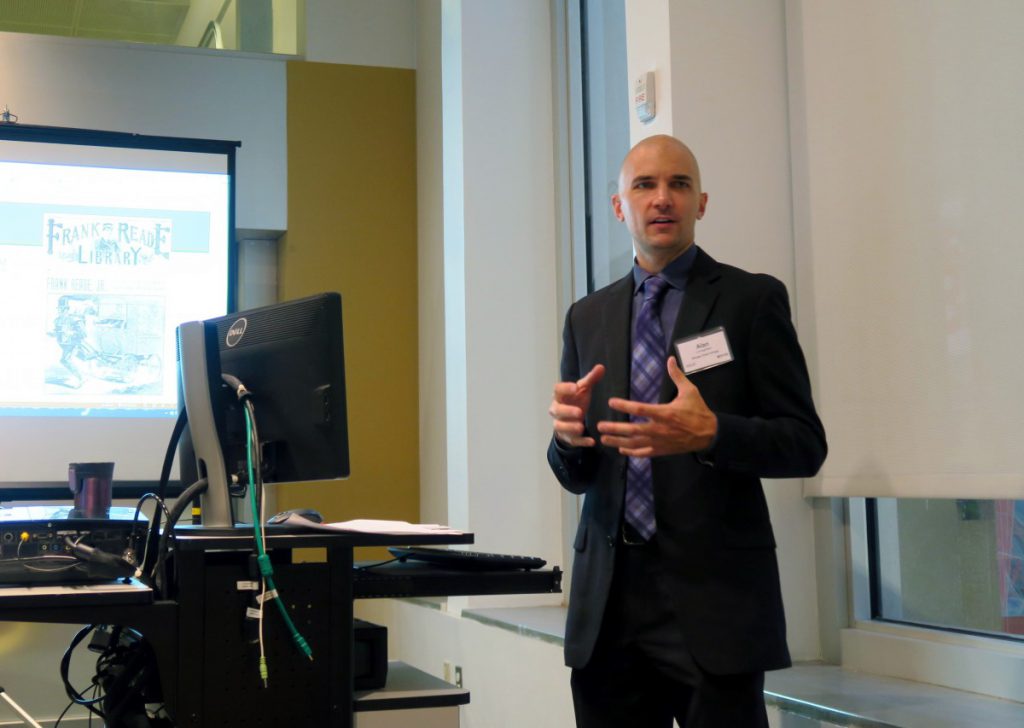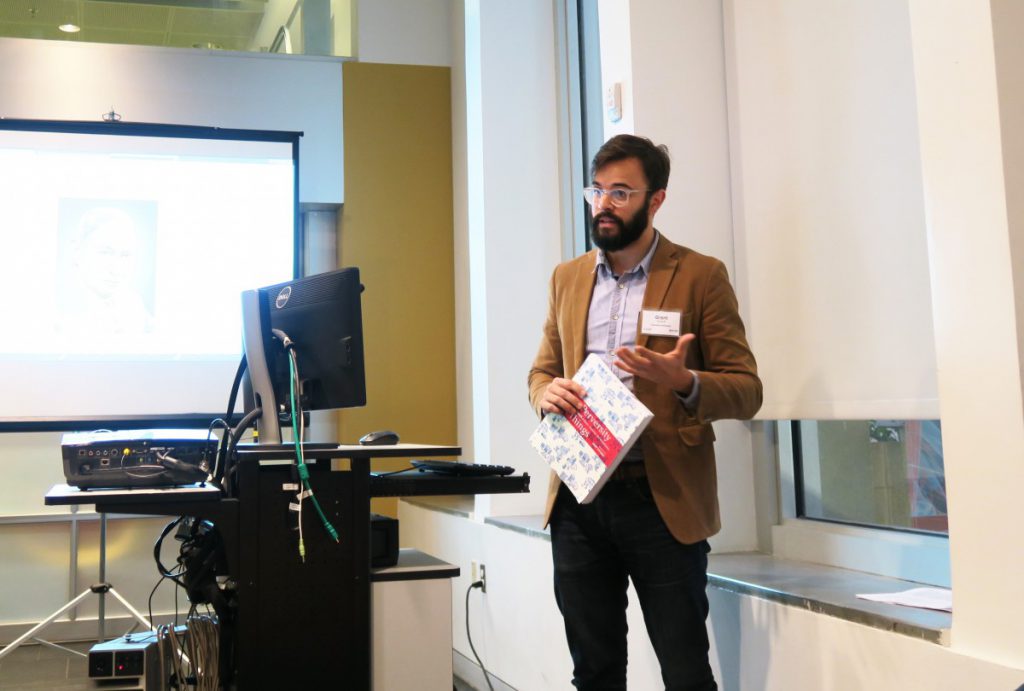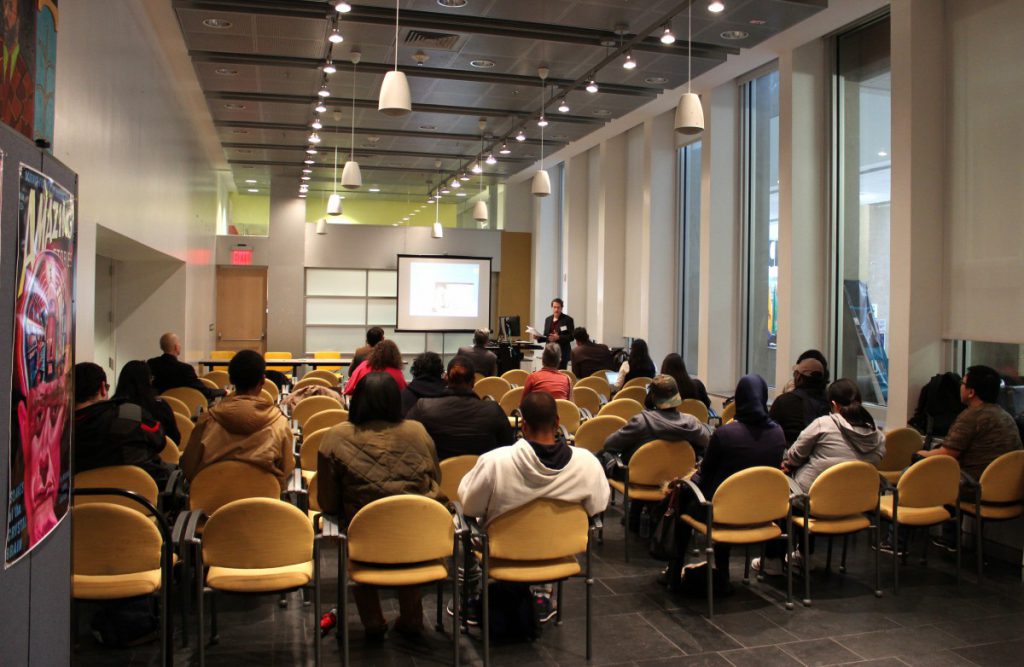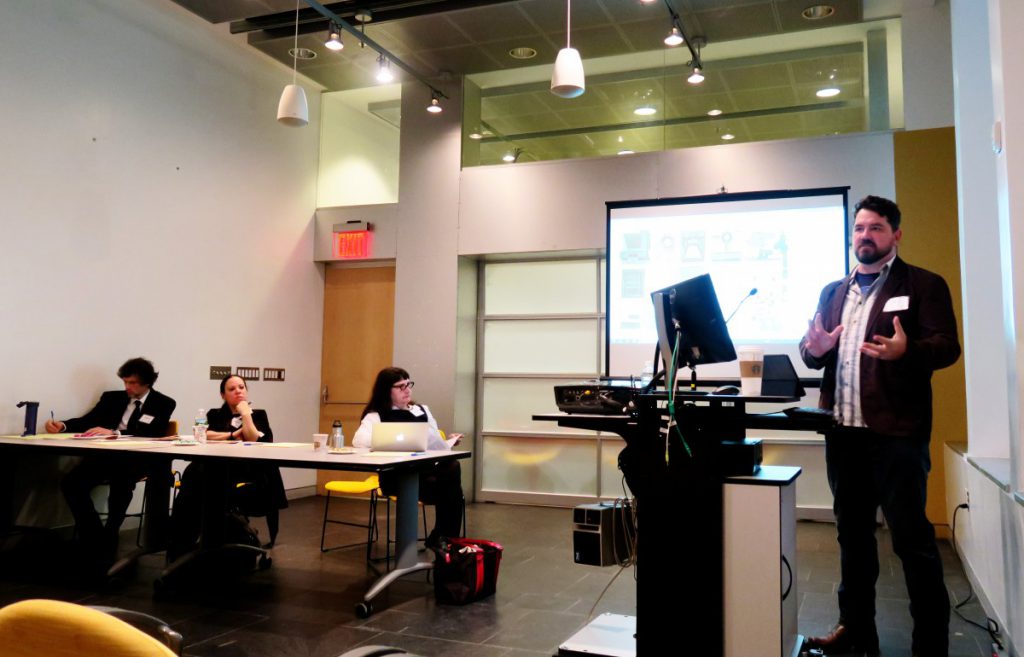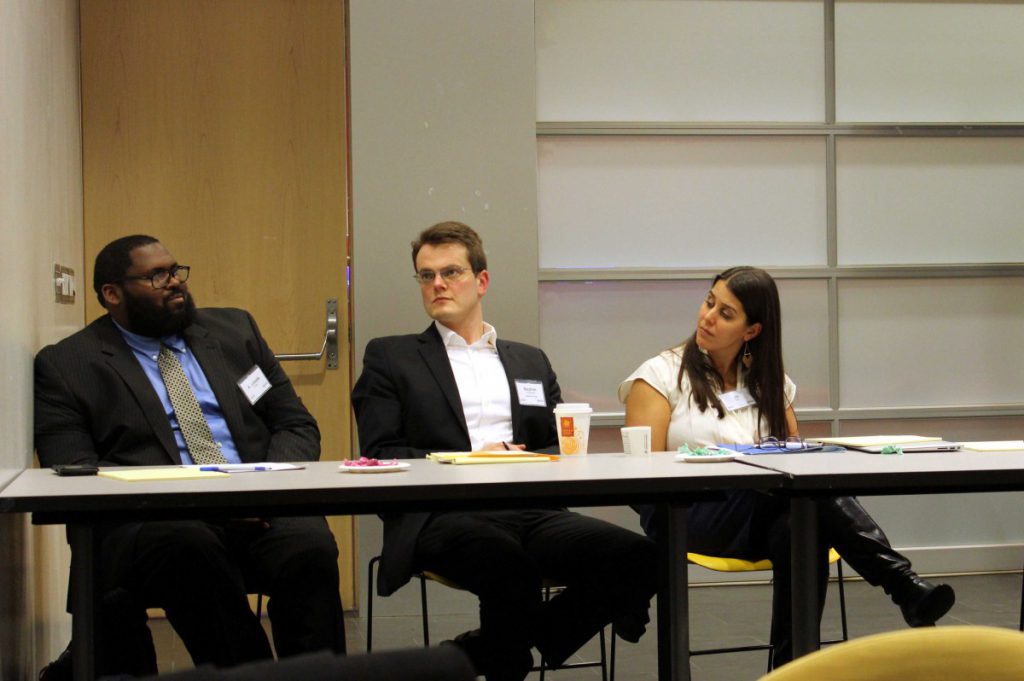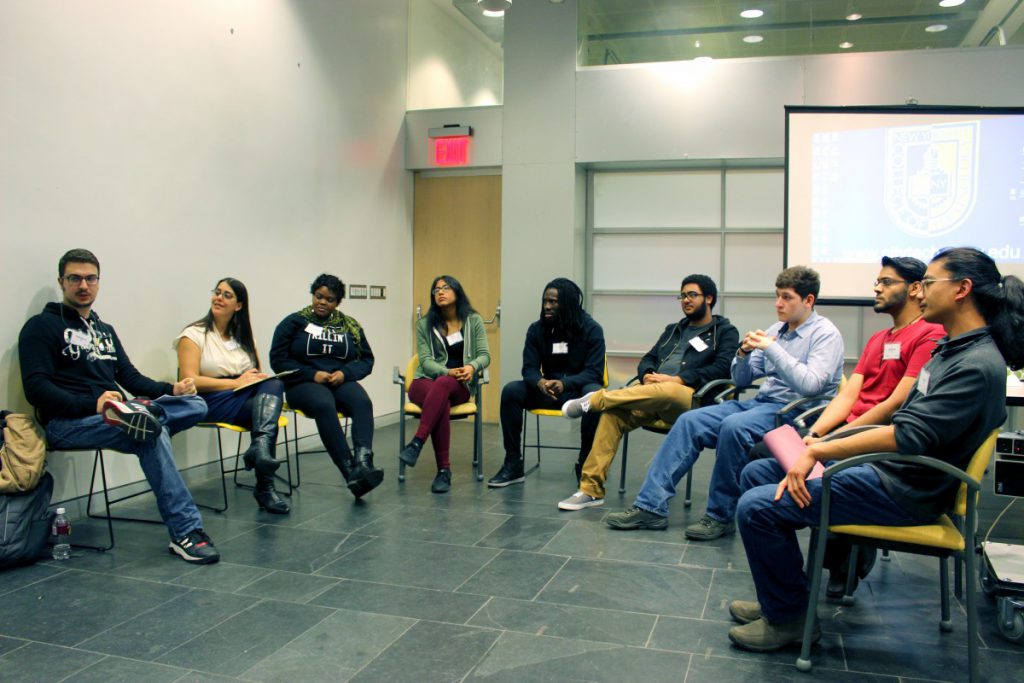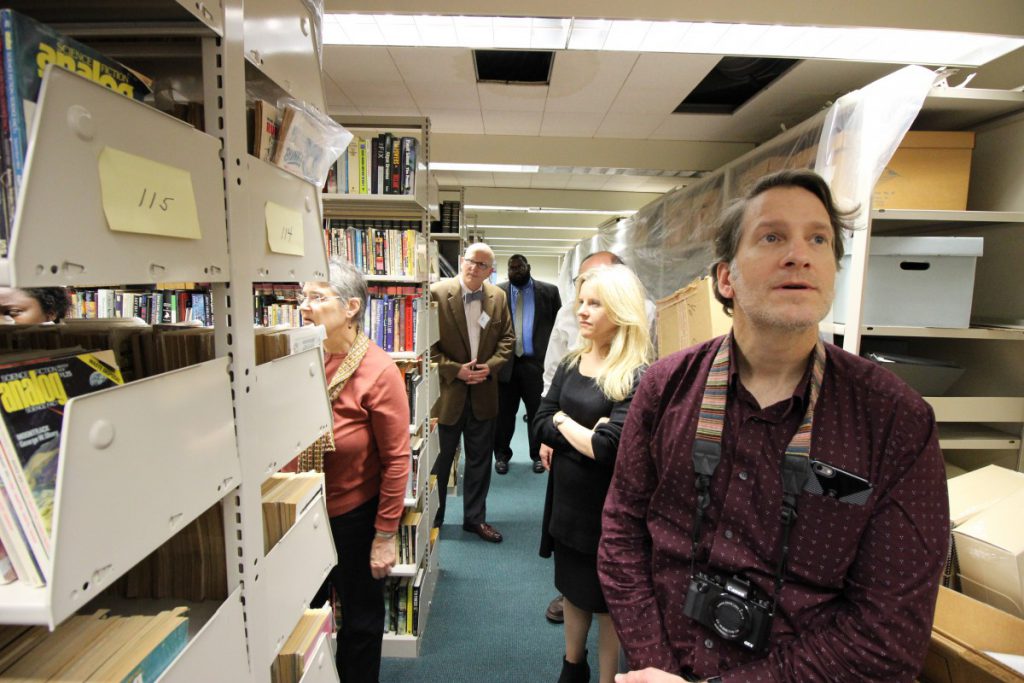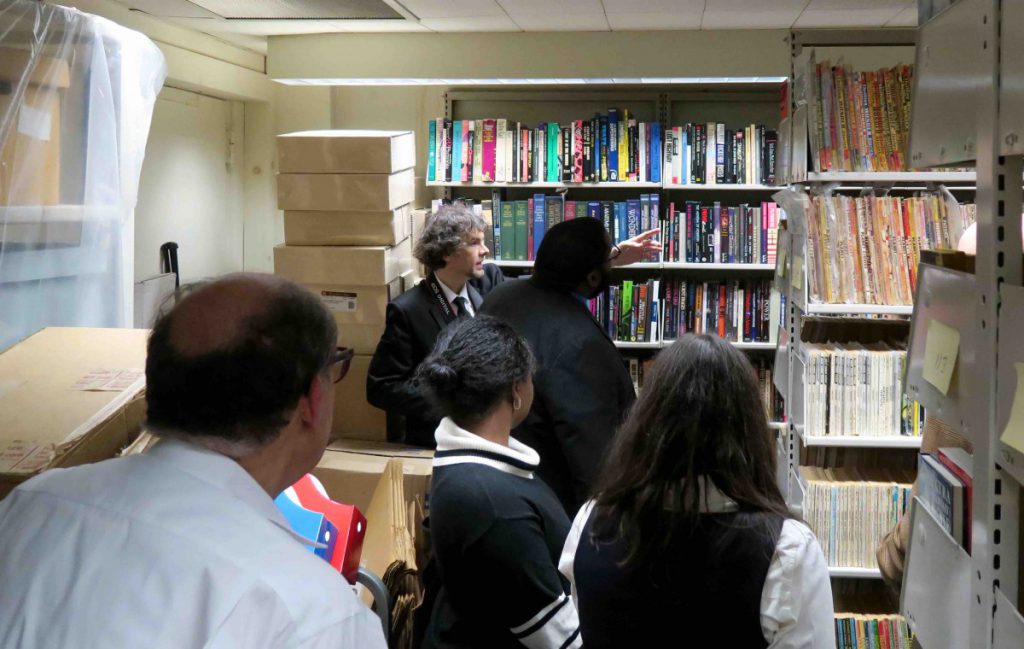Extrapolation, Interdisciplinarity, and Learning: The Second Annual City Tech Symposium on Science Fiction
Date: Wednesday, December 6, 2017
Location: New York City College of Technology, 300 Jay St., Namm N119,
Brooklyn, NY
Keynote Speaker: Samuel R. Delany
Knowledge is indivisible. When people grow wise in one direction, they are sure to make it easier for themselves to grow wise in other directions as well. On the other hand, when they split up knowledge, concentrate on their own field, and scorn and ignore other fields, they grow less wise—even in their own field.
How often people speak of art and science as though they were two entirely different things, with no interconnection. . . . That is all wrong. . . . If we go through the history of human advance, we find that there are many places where art and science intermingled and where an advance in one was impossible without an advance in the other.
–Isaac Asimov, A Roving Mind (1983)
Over twenty years after C. P. Snow published The Two Cultures, the unparalleled writer, scientist, and educator Isaac Asimov defends the “interconnection” between the sciences and the arts. In fact, he demonstrates the importance of interdisciplinarity—both within STEM fields as well as between STEM and the humanities—through his unsurpassed 500+ books ranging from Biblical scholarship to biochemistry, and science to science fiction. He shows how disciplines inform and strengthen one another to create greater knowledge and wisdom, which in turn leads to greater understanding and new insights. While significant strides have been made in promoting interdisciplinarity, Asimov’s defense continues to echo today.
Join us for a one-day symposium in the spirit of Asimov’s defense by exploring interdisciplinarity through the lens of science fiction—a mediating ‘third culture’ (borrowing Snow’s term) that combines the sciences and the humanities to extrapolate new worlds while reflecting on our own. This symposium aims to explore science fiction as an interdisciplinary literary form, a tool for teaching interdisciplinarity, and a cultural art form benefiting from interdisciplinary research approaches.
We invite presentations of 15-20 minutes on SF and interdisciplinarity. Possible presentation topics include, but are not limited to:
- Explorations of interdisciplinary ideas, approaches, and themes in SF (or what disciplinary boundaries does SF bridge)
- SF as an interdisciplinary teaching tool (or what SF have you used or want to use in your classes to achieve interdisciplinary outcomes)
- SF’s interdisciplinary imaginative functions (or Gedankenexperiment, considering ethical issues, unintended consequences, or unexpected breakthroughs)
- Studying SF through an interdisciplinary lens (or combining otherwise discipline-bound approaches to uncover new meanings)
- Bridging STEM and the humanities via SF (or SF as an interdisciplinary cultural work that embraces STEAM—Science, Technology, Engineering, the Arts, and Mathematics)
- SF and place (or how SF’s settings are interdisciplinary, or where it is written fosters its interdisciplinarity)
- Interdisciplinarity and archival work in SF collections (or making the City Tech Science Fiction Collection work for faculty, students, and researchers across disciplines)
Please send your abstract (no more than 250 words), brief bio, and contact information to Jason Ellis (jellis@citytech.cuny.edu) by Oct. 31, 2017.
The program will be announced by Nov. 15, 2017 on the Science Fiction at City Tech website here: https://openlab.citytech.cuny.edu/sciencefictionatcitytech/.
Hosted by the School of Arts and Sciences at the New York City College of Technology, CUNY.
The annual Symposium on Science Fiction is held in celebration of the City Tech Science Fiction Collection, an archival holding of over 600-linear feet of magazines, anthologies, novels, and scholarship. It is located in the Archives and Special Collections of the Ursula C. Schwerin Library (Atrium Building, A543C, New York City College of Technology, 300 Jay Street, Brooklyn, NY 11201). More information about the collection and how to access it is available here: https://openlab.citytech.cuny.edu/sciencefictionatcitytech/librarycollection/.

